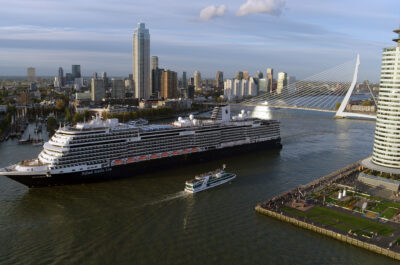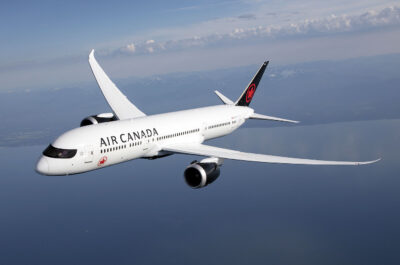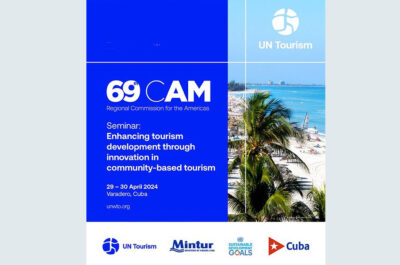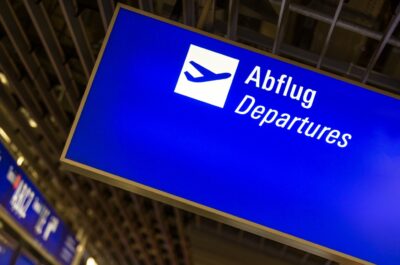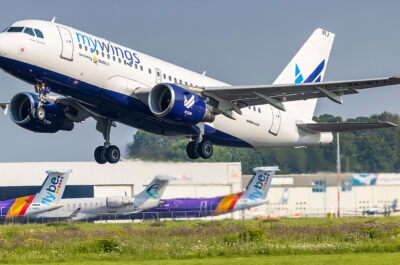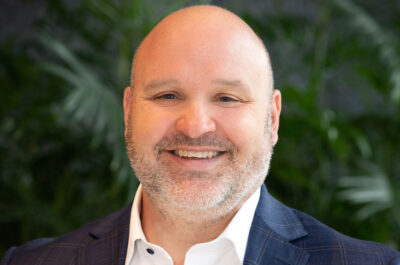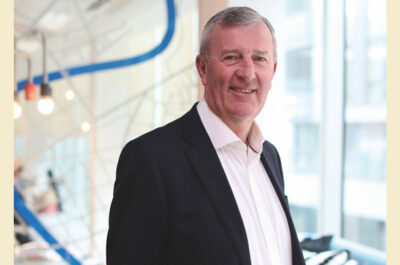Fraport AG’s executive board chairman, Dr. Wilhelm Bender, has proposed a five-point action plan for strengthening Germany’s base in commercial aviation…
Fraport AG’s executive board chairman, Dr. Wilhelm Bender, has proposed a five-point action plan for strengthening Germany’s base in commercial aviation as well as its central air transportation hub in Frankfurt. Speaking at a recent conference in Berlin, Bender called for the following measures:
- Germany finally needs a master plan for nation-wide airport development. Furthermore, the expansion of Frankfurt Airport (FRA) – which will result in some 100,000 new jobs – must be recognized as a task of national importance.
- The burden on the aviation industry must be eased instead of intensified. The rekindled discussion about introducing taxes on aviation fuel (kerosene) or on air travel is extremely harmful for the economy and, thus, should be stopped without delay.
- Ensuring maximum security is a top priority for airports; however, airports must not be burdened with the costs of sovereign tasks that are the responsibility of the state. Ensuring law and order is a responsibility of the state; growing cost burdens will weaken Germany’s competitive position in international air transportation. In a large number of countries, increased airport security measures for effectively combating terrorism are being financed by the state.
- Amendments to the air traffic act should be made with great perceptiveness. When determining noise limits to protect residents against aircraft noise, current research findings on the effects of noise disturbance should be taken into account. The civil aviation industry is well aware of its responsibility for protecting the environment. During the past twenty years, Germany’s airports alone have spent €400 million on noise insulation for buildings.
- The planned new EU ground-handling directive must not affect Germany’s high quality standards for this vital airport service. Admission of at least two competitors in Frankfurt and Munich – independent of both the respective airport and the dominant airline at the respective airport – hurts, above all, Germany’s position in the air transport industry and is contrary to employee interests. Therefore, the draft directive that the European Commission presented to the European Parliament in May needs to be amended.
To substantiate his call for a national master plan for airport development – including the intelligent integration of road and rail transportation – Bender referred to the increasingly uncontrolled development of airports and threatening competition in the market. Incidentally, the latest study by Boston Consulting Group showed that large-scale investment programs, such as air passenger terminals or runways, are profitable only for the mega hubs of big airline alliances. This also applies to the Airport Expansion Program (AEP) at the Frankfurt hub.
Bender called Fraport’s future AEP a “gigantic employment program” for the Frankfurt/Rhine-Main region – whose economic prosperity is largely based on Frankfurt Airport and its role in global aviation. With an investment volume of €3.4 billion, Frankfurt Airport’s Expansion Program (AEP) at FRA is the largest privately financed investment project in Germany in the coming years.
In the opinion of Bender, the discussion about the Ticona chemical plant in connection with the airport’s expansion shows that Germany needs standards to allow for fair coexistence of the chemical industry and the aviation industry. If the standards applied by the SFK Accident Commission were to be universally applied in risk assessment in the future, this would jeopardize Germany’s position as a business and industry location.
Some 30 percent of the flights departing from Frankfurt Airport today already fly over the site of the Ticona plant. This never bothered anybody in the past. Bender believes that intensive dialogue with Brussels will solve the conflict with the EU concerning the procedural matter of not having examined risk issues (eg., Ticona) initially in the regional planning procedure.
Furthermore, Bender referred to the “Air Transport Initiative for Germany” established by Fraport, DFS Deutsche Flugsicherung (German Air Navigation Services), Lufthansa and Munich Airport. The goal of this initiative – launched under the auspices of Germany’s federal transport minister, Dr. Manfred Stolpe, and supported by several federal states, including Hesse – is to reduce costs strongly in the 750,000-job air transport industry in Germany via a change in the legal and regulatory framework and to ensure the international competitiveness of this industry. In contrast to other industries, air transport is a proven job engine.
In conclusion, Bender said air transportation has overcome the crisis caused by September 11, 2001, the Iraq war, the sluggish world economy, and the SARS epidemic. The industry is recovering again. Global air traffic is anticipated to grow by over four percent in 2004.
The Fraport Group’s airports registered nearly a ten percent increase in passenger figures for the first quarter of 2004. Frankfurt Airport alone recorded 6.8 percent growth – mainly due to heavy intercontinental traffic. Frankfurt-Hahn Airport, which focuses on the low-cost travel segment, continued its success story with double-figure growth rates.
Theodore is the Co-Founder and Managing Editor of TravelDailyNews Media Network; his responsibilities include business development and planning for TravelDailyNews long-term opportunities.

